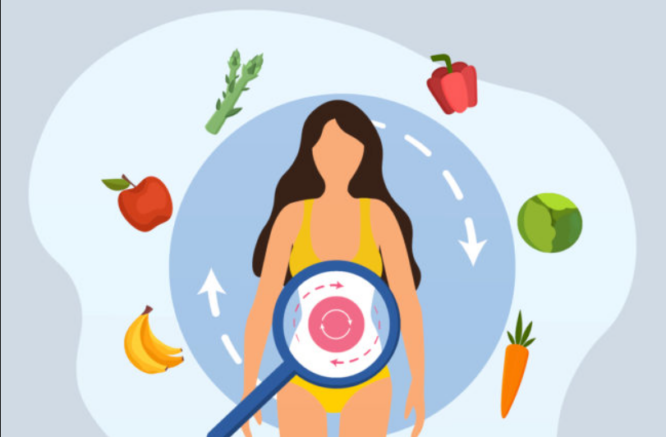
Nutrigenomic mental health support 2023
Sanjh
- 0
Did you know that the WHO called India one of the most “depressing” nations? According to WHO, 6.5% of Indians have major mental problems, with no notable variation between urban and rural locations. This has only increased post-pandemic. A recent survey found that 74% of Indians were stressed and 88% were anxious.
Antidepressants, mood stabilizers, and antipsychotics treat symptoms but not the cause. Including the annoying and dangerous side effects. Nutrigenomics may simplify brain function.
Nutrigenomics examines food-gene connections. Food nutrients are affected by genes. It affects vitamin and mineral absorption, fat breakdown, carb response, dietary choices, snacking, and eating habits. Key to greater health.

Why mental health?
Mental health is regarded as a note or “food for thought,” but what about the “food behind your thoughts?” Confused? Enlighten me. Neurotransmitters enable innumerable brain connections that underlie every thought, action, and emotion. They drive our emotions. Dopamine, serotonin, endorphins, norepinephrine, and GABA are well-known neurotransmitters. And guess what? Nutrients help these molecules work.
Iron and vitamin B9 affect dopamine, the happy hormone. Serotonin, mood regulator? B6 is needed. Thus, eating literally influences brain activity. Depression, anxiety, schizophrenia, Alzheimer’s, and Parkinson’s include these brain chemicals. Understanding and treating these disorders requires genetic analysis.
Stress that annoying mental burden is next. Stress reaction is genetic. COMT genes affect stress response. The “warrior” version helps people handle stress, whereas the “worrier” form makes them more susceptible to it.
The appropriate nutrition can aid your brain if you know your COMT variation. Spinach, almonds, and dark chocolate contain magnesium. Magnesium relaxes our neurological system and reduces tension. Magnesium-rich meals help your body handle stress.
Brain fog characterized by exhaustion, headaches, irritation, difficulties concentrating, forgetfulness, etc. can also hinder productivity. Brain fog can result from vitamin D, B12, B9, and mineral shortages including iron and magnesium. You may design your diet to maintain your brain bright by studying your genetic variations that affect metabolism or absorption of certain nutrients.
These examples of how diet and genes impact mental health are only the beginning. By understanding the link between genes and diet, we can choose foods that improve cognitive capacity, control stress and anxiety, and balance our emotions. Nutrigenomic assessments simplify learning. Personalized health and dietary insights to improve your health and well-being. It’s like a personalized mental health menu!

